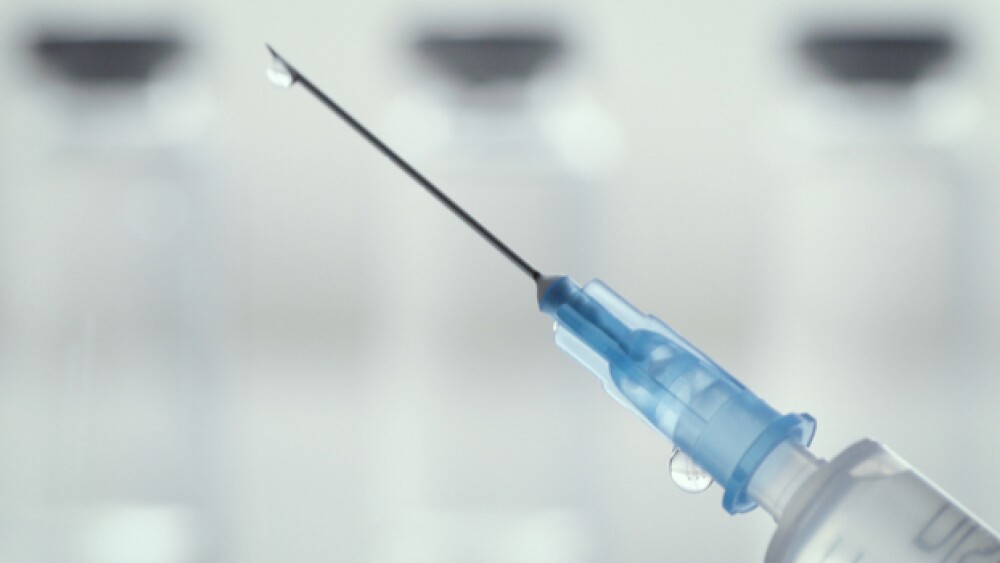The hopes of billions of people are riding on at least one of the vaccine candidates for COVID-19 currently in clinical development becoming a commercialized preventative treatment for the world. While hopes are high, caution is still being urged by drugmakers and epidemiologists.
The hopes of billions of people are riding on at least one of the vaccine candidates for COVID-19 currently in clinical development becoming a commercialized preventative treatment for the world. While hopes are high, caution is still being urged by drugmakers and epidemiologists.
Earlier this week, Moderna released positive interim data from its Phase I study of mRNA-1273, its mRNA vaccine against SARS-CoV-2, the novel coronavirus that causes COVID-19. The company said the interim data was positive overall when it came to safety and efficacy. The company is shifting the vaccine candidate into Phase II studies and is already eying a Phase III study later this summer. Development of Moderna’s vaccine candidate is being supported by a $483 million grant from the Biomedical Advanced Research and Development Authority (BARDA).
BARDA also provided up to $1 billion to support the development of a vaccine candidate from AstraZeneca and Oxford University. The vaccine was entered into a Phase I/II trial in April in more than 1,000 healthy volunteers in England between the age of 18 and 55. Data is expected to be announced soon and if positive, will be advanced. BARDA also partnered with life sciences giant Johnson & Johnson on the development of another vaccine candidate.
There are more than 100 vaccine candidates being studied as a potential preventative against COVID-19, which has infected more than 5 million people across the globe, including 1.5 million in the United States. The disease has also caused the deaths of 328,730 people globally, according to the Johns Hopkins COVID-19 tracking map.
While billions of dollars have been aimed at developing a potential vaccine and having it in the hands of people by the end of 2020 or in early 2021, experts are calling for caution that safety and efficacy are not being overlooked in the zeal to rush a vaccine into commercialization.
During a Congressional hearing last week, Rick Bright, the recently-ousted head of BARDA, provided a note of caution. Speaking to members of a House committee, Bright said there is a great deal of optimism about the potential of developing a vaccine so quickly, but for it to happen this fast, everything needs to hit perfectly. And, he told the congressmen, “we’ve never seen everything go perfectly,” CNBC reported.
“My concern is if we rush too quickly and consider cutting out critical steps, we may not have a full assessment of the safety of that vaccine,” Bright said.
There are still a number of unknowns regarding COVID-19, including the immune response from people when the virus infects a person, as well as the risks of reinfection among recovered patients. Although much hope has been placed on antibodies, it’s still not known how effective those antibodies are in preventing recovered patients from falling ill again. Last month, Maria Van Kerkhove, head of the World Health Organization’s emerging diseases and zoonosis unit, reconfirmed that unknown quantity last month during a news conference. She noted that since the discovery of COVID-19 in December 2019, “we’re not able to say an antibody response means someone is immune,” CNBC said.
Scientists have expressed fear that a second wave of COVID-19 infections will be seen again in the fall of this year, which is ahead of any potential vaccine being approved. And, even if a vaccine is approved by the end of 2020, there are still questions about how quickly billions of doses could be produced and distributed across the world. While some companies, including Moderna, have entered into agreements to accelerate manufacturing of the vaccine, industry insiders have suggested a rollout will not be as fast as people hope. Last week, Stéphane Bancel, Moderna’s chief executive officer, said the company will be “supply-constrained” for some time, meaning the company won’t be able to make as many product as will be required to vaccinate everyone on the planet.





